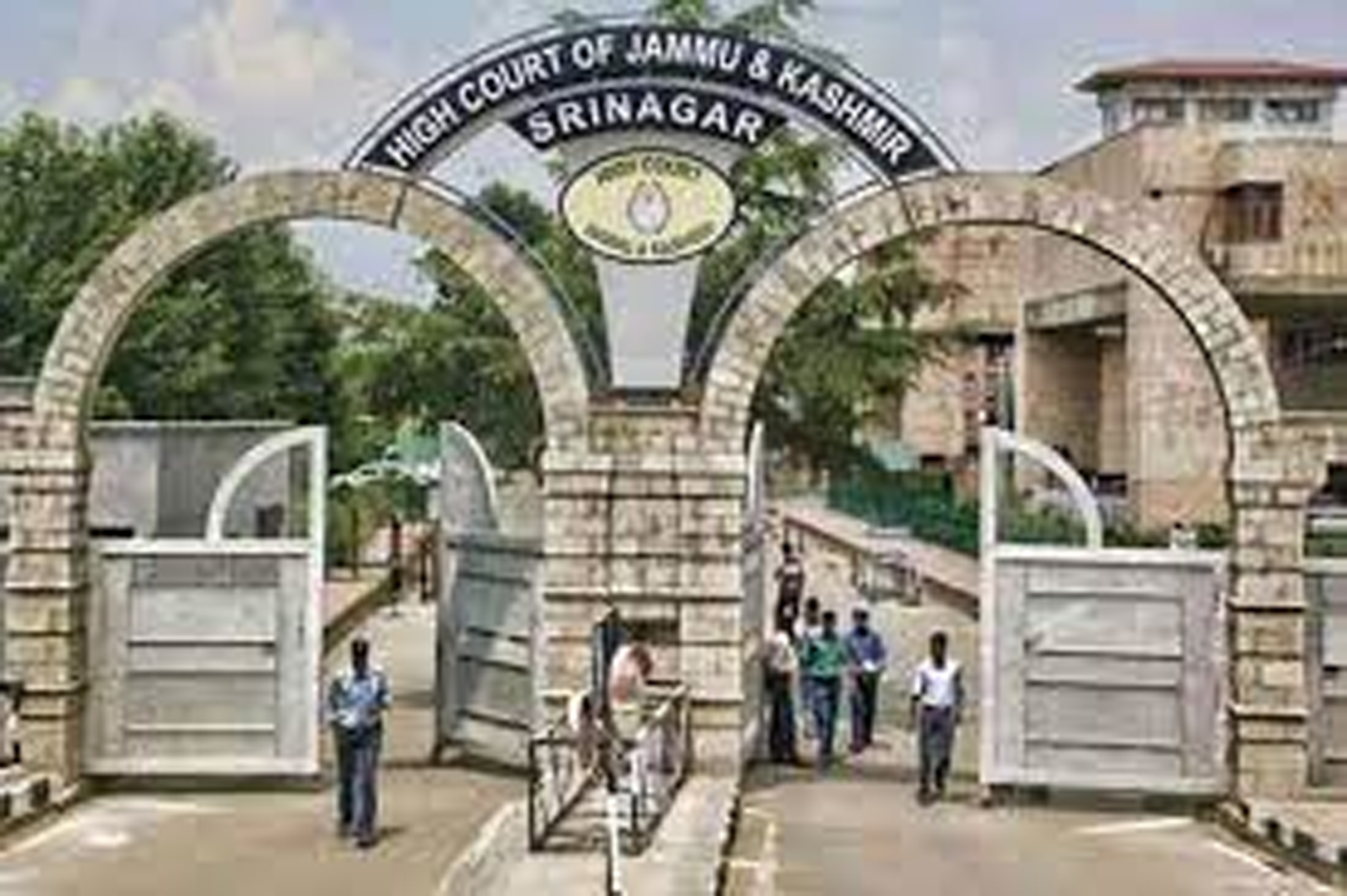Excelsior Correspondent
Srinagar, Apr 6: High Court expressed its displeasure over double stand taken by the petitioners with regard to holding of migrant property and dismissed the plea challenging the order of District Magistrate for taking over the possession of the property.
The court said the petitioners have made an attempt to sail through rigorous of Migrant Act by travelling in two boats by pleading firstly that they were the tenants and secondly, that they had purchased the house after making the payment of sale consideration to the actual owner (migrant) pending execution of the formal sale deed and had spent huge amount for its renovation.
“This Court wants to make it clear that an action at law is not a game of chess. A litigant who comes to court and invokes its writ jurisdiction must come with clean hands. He cannot prevaricate and take inconsistent positions”, the bench of Justice Rajnesh Oswal quotes Supreme Court.
Court said once the petitioners claimed to be in possession of the house on the basis of agreement of sale, then they cannot claim to be in possession thereof as tenants. In fact, the petitioners have themselves invited this situation for themselves by claiming to be in possession of the house pursuant to the agreement of sale.
The petitioners cannot get any benefit out of the admission made by the migrant owner of the property as he had made admission only to the extent that he had rented out only the ground floor of the house. The said admission is of no consequence at all because subsequently the petitioners altered the nature of their occupation of the ground floor of the house by specifically stating that they obtained the possession of the whole of the house in the year 2001 after the payment of total sale consideration to the respondent-migrant and not as tenants.
Court added that there was no pleading to the extent that the petitioners being the tenants of the migrant are entitled to protection under Houses and Shops Rent Control Act but they time and again have vacillated their stands at different stages in the same proceedings. Once they never claimed protection of their possession on account of tenancy initially and rather sought protection of their possession on the basis of having purchased the house in the year 2001, they cannot now be heard to say that they are the tenants of the property in question.
“Even there is nothing on record to demonstrate that the petitioners-Anoop Singh and others are the tenants of the migrant whole of the house. It was specifically stated before the Divisional Commissioner Kashmir by one of the petitioners that even after paying him the money, the migrant kept on dragging the process and never gave complete documents of the house to the petitioners”.
“The extraordinary remedy of writ of certiorari granted under Article 226 of the Constitution of India is a discretionary remedy and cannot be issued on the mere asking of the petitioner. When the petitioner approaches the court with distorted facts and unclean hands, the court can refuse to exercise its jurisdiction under Article 226 of the Constitution of India”, Justice Oswal recorded.
The conduct of the litigant, court said, should be fair and not aimed at taking undue advantage by changing his stands at his own sweet will and to his own convenience and the court can refuse to exercise its discretion to issue writ of certiorari in favour of the petitioner, when he vacillates his stands or oscillates between two contradictory stands, just to ensure success in his endeavor to get the relief from the court.
“In view of above, this court is of the considered view that the petitioners have failed to make out any case for interference by this court. The writ petition is found to be without any merit and the same is, accordingly, dismissed”, reads the judgment.


